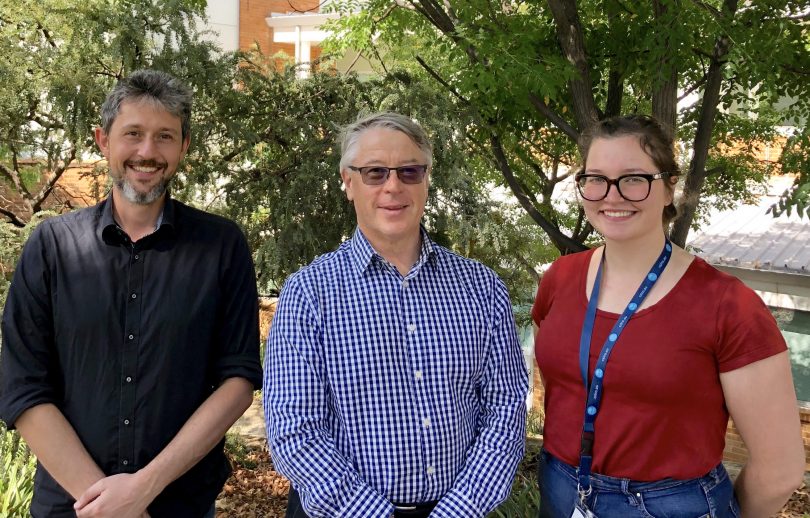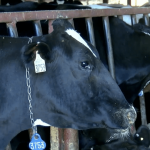
But one of these is actually in possession of some world-first technology that is totally unique.
Intrigued?
Parts Per Billion Technology (PPB Technology) has a piece of equipment that can accurately test for dangerous levels of substances called proteases in milk. These are proteins that actually eat other proteins, and, while not all are bad news, some of those contained in milk can be toxic for humans.
The piece of technology, Cybertongue, started life as a CSIRO research initiative under the direction of now founder and managing director of PPB Technology, Dr Stephen Trowell.
He’s proud of what the company has achieved since its formation in 2018.
“We are not only the sole business in the country able to offer this service, but the only business in the entire world,” says Dr Trowell.
As with many good startups, he saw the limitless potential of Cybertongue and decided to do something about it.
“I realised this technology really did have the ability to change the world for the better,” says Dr Trowell. “At the time I had the financial capacity and the desire for a new personal challenge, and so PPB Technology was born.”
Dr Trowell, a biochemist, moved to Australia from the UK to complete his PhD and ended up sticking around to have an illustrious career in the sciences.
He says the move to a privately run company has not been easy, and that it took more than 10 months to tidy up negotiations between various parties.
https://www.youtube.com/watch?v=kYsSmFg4vAM&feature=emb_logo
The CSIRO continues to play a vital role in the development of Cybertongue, and the two now separate entities do occasionally collaborate in order to run various tests.
Dr Trowell is clear that much of the work since moving from research to commercial usage has been to do with raising capital in order to convert what was essentially a lab prototype into market-ready technology.
He describes it as a bit like traversing the ‘valley of death – the process of getting something out of a lab and into commercial use. It’s here that a lot of scientific technology struggles.
Recently, PPB Technology participated in Canberra Innovation Network’s GRIFFIN Accelerator Program, where they were successful in securing a substantial amount of private investment, allowing them to take on their first paid employee.
It is a three-month intensive program with exclusive membership of only seven startups.
As well as private investment from Dr Trowell and small grants along the way, PPB Technology has also attracted several angel investors. It hopes to secure $500,000 in funding by June 2021 to allow further development of the technology and expand its commercial use.
The same technology that tests for proteases can also be used to detect levels of lactose in ‘lactose-free milk’ and generate laboratory quality results within minutes. This is a rapidly growing area, but as Dr Trowell says, there are already companies that offer this service.
That’s not to say PPB Technology does not have its sights set on that space in the future.
For now, Dr Trowell adds, the target customer remains food-processing businesses, although he says their vision is to eventually market a piece of technology that could be used by individual consumers to test their food for potential allergens, including gluten.
Who knows, maybe one day we will be able to test our food at home to see if it really is as safe to eat as we think it is.

























